EU green policies are posing a series of new challenges for export businesses as this market bloc increasingly requires imported goods based on sustainable production standards.
After 4 years of implementation, the Vietnam - EU Free Trade Agreement (EVFTA) has created a new momentum for trade and investment, making Vietnam the EU's largest trading partner among ASEAN countries, and the trade turnover of goods between Vietnam and the EU has increased significantly.
Trade exchange is constantly growing
According to statistics from the General Department of Customs, the export turnover of goods to the EU in June 2024 reached over 4.28 billion USD, an increase of 7.85% compared to May 2024 and an increase of 19.54% compared to June 2023. In the first 6 months of 2024, the export turnover of goods to the EU reached over 24.69 billion USD, an increase of 15.37% over the same period in 2023. Exports to most key markets in the EU increased in turnover compared to the same period in 2023.
Many important Vietnamese products exported to the EU continued to increase, such as seafood up 29.5%, vegetables and fruits up 34.2%, footwear up 49.7%, textiles up 43.4%, wood and wood products up 85.2%... The main export markets are the Netherlands, Germany, Italy, Belgium, France...
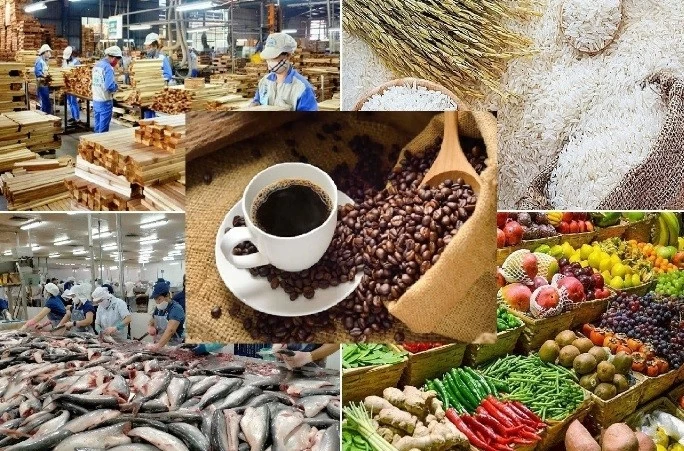 |
| The Vietnam – EU Free Trade Agreement (EVFTA) after 4 years of implementation has created a new momentum for bilateral trade and investment. (Source: Industry and Trade Newspaper) |
The Ministry of Industry and Trade stated that bilateral trade between the two sides is increasingly vibrant thanks to the EVFTA. Domestic consumers have more and more opportunities to access diverse, high-quality products from Europe at more reasonable prices.
On the contrary, Vietnam’s advantageous export industries to the EU such as textiles, footwear, and transportation have created many new jobs for Vietnamese workers. Workers also have the opportunity to improve their professional qualifications to meet new requirements from EVFTA.
A survey by the Vietnam Federation of Commerce and Industry (VCCI) also showed that the rate of businesses understanding EVFTA is higher than other FTAs. Nearly 50% of businesses have enjoyed specific benefits from EVFTA.
Notably, the rate of utilizing the EUR.1 C/O incentives is high. According to statistics from the Import-Export Department (Ministry of Industry and Trade), in 2023, the rate of using EUR.1 C/O will be 35.2% of export turnover, equivalent to the export turnover using C/O of 15.4 billion USD, an increase of 26.1% compared to 2022.
Some product groups have a high rate of using preferential C/O form EUR.1 such as seafood (89.2%), vegetables and fruits (88.3%), rice (fully utilizing the quota of 80,000 tons of EU rice for Vietnam every year).
In particular, footwear is one of Vietnam's key export items to the EU market with an export turnover of 4.8 billion USD, with a preferential C/O rate of EUR.1 reaching nearly 100%. Most recently, in the first quarter of 2024, the C/O rate of EUR.1 was 34.3%.
At a working session on July 30 with Mr. Josep Borrell Fontelles, Vice President of the European Commission (EC), High Representative of the EU for Foreign Affairs and Security Policy, Minister of Foreign Affairs Bui Thanh Son emphasized that the two sides need to continue to closely coordinate to effectively implement the EVFTA.
At the same time, it is recommended that the EC soon remove the “yellow card” on Vietnam’s seafood exports based on Vietnam’s efforts and achievements in preventing illegal, unreported and unregulated (IUU) fishing and urge the remaining member countries to soon ratify the Vietnam-EU Investment Protection Agreement (EVIPA) to develop bilateral economic cooperation commensurate with the potential and desires of both sides.
Take "green standards" as motivation
However, the EU’s green policies are posing a series of new challenges for export businesses as this market bloc has increasingly stringent requirements for imported goods based on sustainable production standards. The EU is applying more and more high standards to goods in a direction that benefits consumer health, environmental protection, sustainable development, etc.
To access these markets, businesses must not only ensure product quality but also demonstrate that their products are environmentally friendly and produced using sustainable processes.
This is not only a challenge for new businesses exporting to the EU but also for businesses with experience in this market. Because the already familiar standards are gradually being changed and supplemented towards higher and greener requirements.
Mr. Ngo Chung Khanh - Deputy Director of the Multilateral Trade Policy Department (Ministry of Industry and Trade) said: "To export sustainably, Vietnamese enterprises must switch to developing green production, applying high-standard technology to ensure the supply of green, clean products, meeting EU technical and environmental standards and participating more deeply in sustainable supply chains".
According to Ms. Nguyen Thi Thu Trang, Director of the WTO and Integration Center (VCCI), the EU's green standards certainly cover almost all products that are considered Vietnam's strengths when exporting to the EU market, such as agricultural and aquatic products, wooden furniture, industrial goods and consumer goods such as textiles, footwear, etc. These items are all considered to be the focus of the EU's green transformation.
“Certainly, the number and scope of Vietnamese businesses and export goods affected by the above regulations are very large,” Ms. Trang emphasized.
To improve export capacity and competitiveness in the context of the EU applying more green standards, Chairman of the European Chamber of Commerce in Vietnam (EuroCham) Dominik Meichle said that the European market has great potential for Vietnamese enterprises. To open up opportunities, Vietnamese enterprises must comply with the sustainability regulations of the EU Green Deal.
According to Mr. Dominik Meichle, regulations related to carbon emissions, deforestation and due diligence require significant investments in skilled labor, technology and resources. However, instead of viewing these requirements as barriers to entry, Vietnamese businesses should consider them as incentives to make strategic investments in their workforce and operations. By equipping employees with knowledge and skills in sustainable practices, compliance and green technology, businesses can stimulate innovation and drive long-term growth.
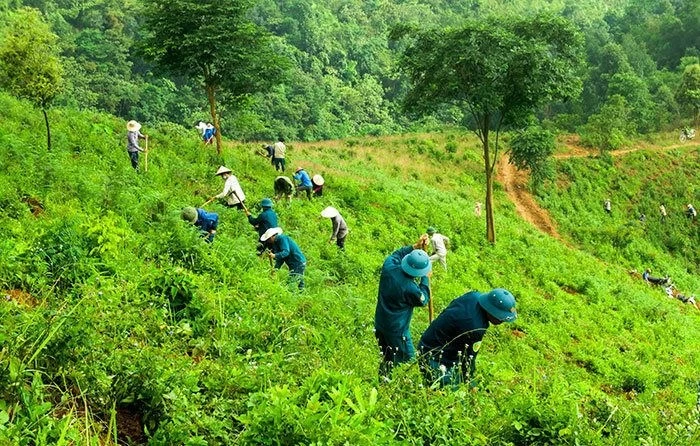 |
| According to the Chairman of EuroCham, regulations related to carbon emissions, deforestation and due diligence require significant investments in skilled labor, technology and resources. (Source: World Bank) |
Additionally, adopting green technologies and practices – such as energy-saving equipment, renewable energy sources, water recycling and waste minimization techniques – can not only help meet EU standards but also significantly reduce costs and increase operational efficiency, turning compliance into a competitive advantage.
“EuroCham aims to create a thriving business environment for all its members across Vietnam. Vietnam’s green transition is a top priority for EuroCham and we are fully committed to supporting the Government’s ambitious goal of achieving net zero emissions by 2050,” said Dominik Meichle.
In the coming time, Mr. Vu Ba Phu, Director of the Department of Trade Promotion (Ministry of Industry and Trade), said that in 2024, the Ministry of Industry and Trade will implement a series of technical support and capacity building programs, with the cooperation of international organizations to equip knowledge and skills for manufacturing industries, especially for each industry related to CBAM regulations and regulations related to German and EU Green standards.
Specifically, for export promotion, the Ministry of Industry and Trade will coordinate with the Vietnamese trade office system and Vietnamese representative agencies abroad to best provide new regulations and new guidelines related to the Green Deal and conditional business as well as circular economy for domestic manufacturing industries, in order to best and most effectively meet the new regulations of these countries.
Source: https://baoquocte.vn/no-luc-xanh-hoa-de-tham-nhap-sau-hon-vao-thi-truong-eu-283664.html





![[Photo] Closing of the 11th Conference of the 13th Central Committee of the Communist Party of Vietnam](https://vstatic.vietnam.vn/vietnam/resource/IMAGE/2025/4/12/114b57fe6e9b4814a5ddfacf6dfe5b7f)


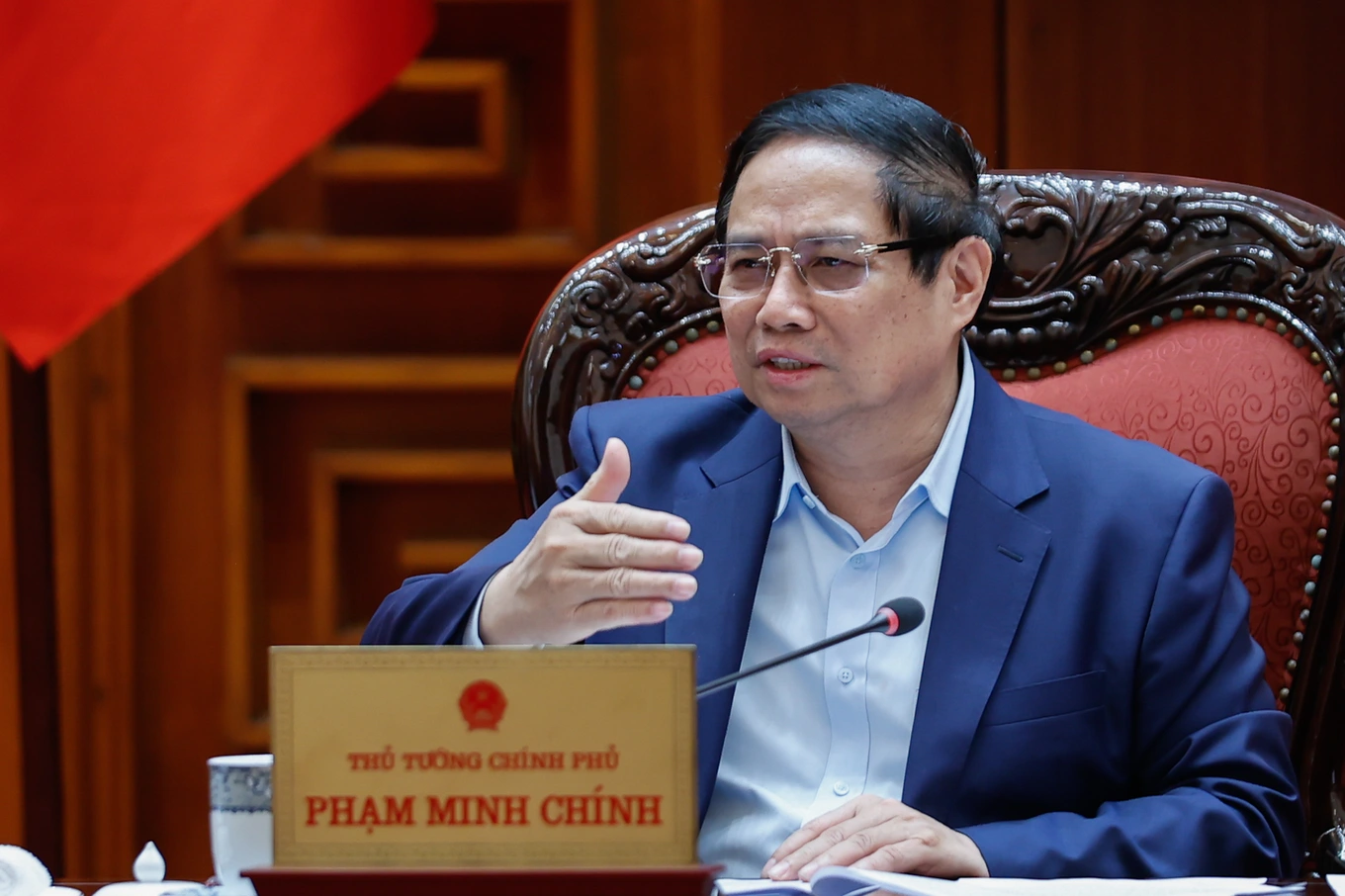




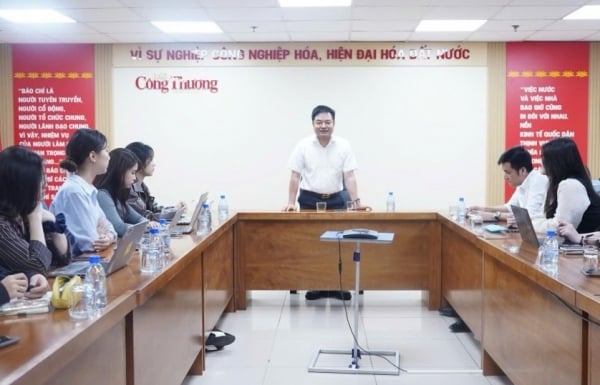

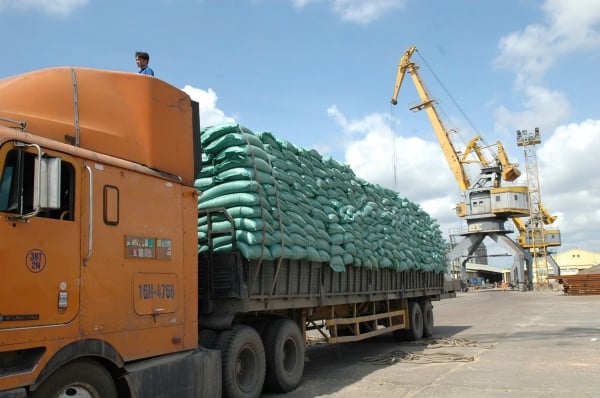
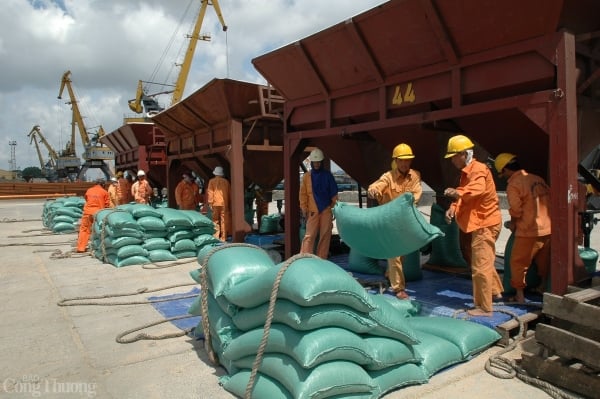

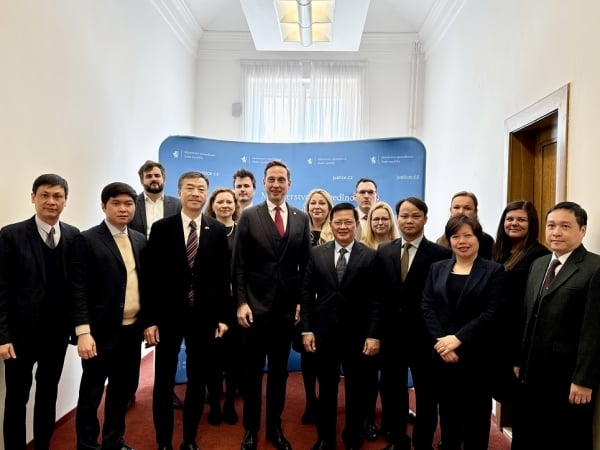

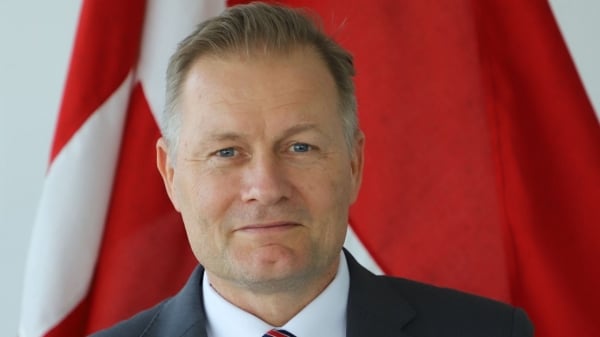
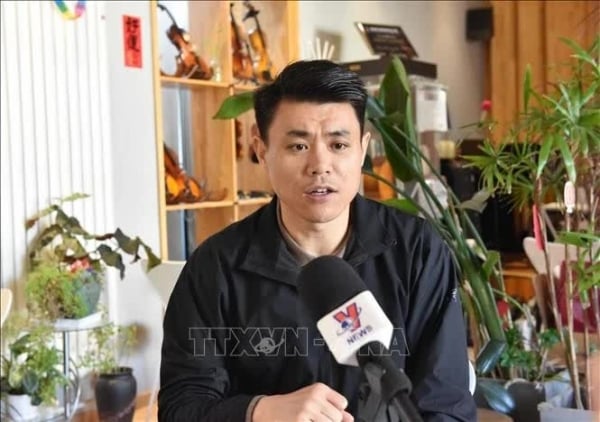




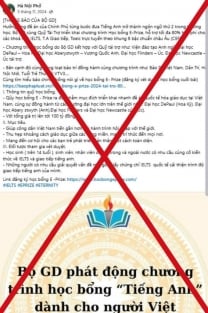
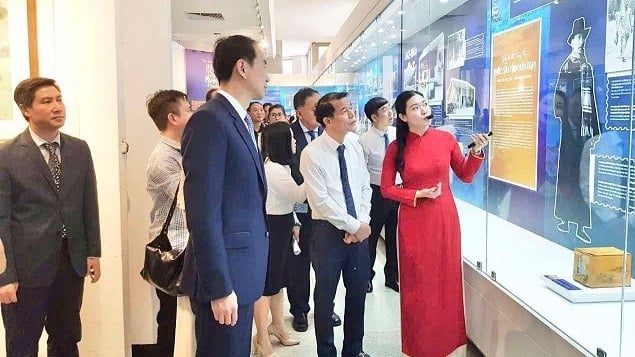


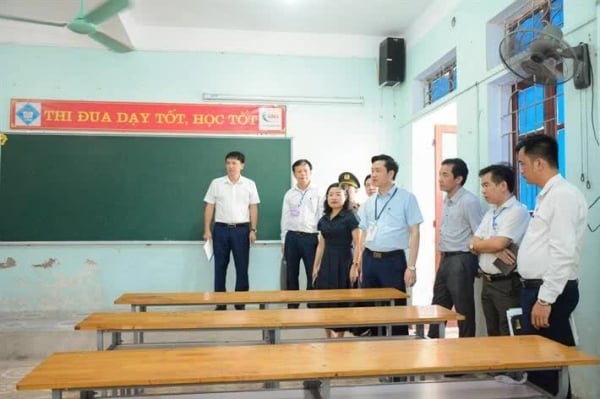


![[Photo] Overcoming all difficulties, speeding up construction progress of Hoa Binh Hydropower Plant Expansion Project](https://vstatic.vietnam.vn/vietnam/resource/IMAGE/2025/4/12/bff04b551e98484c84d74c8faa3526e0)
















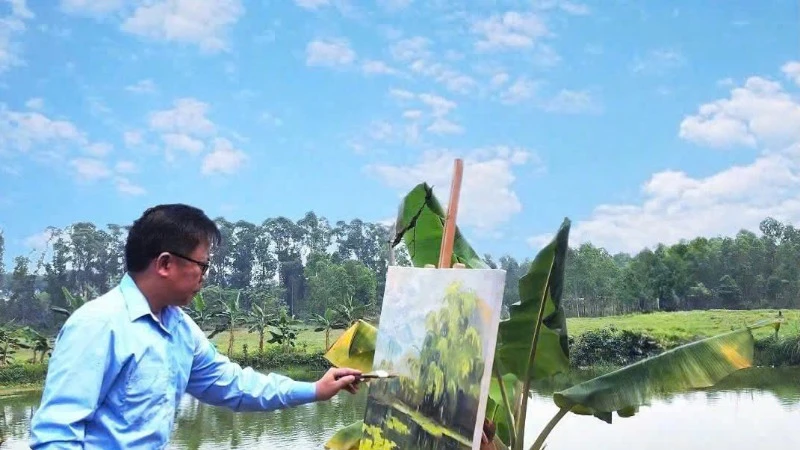
















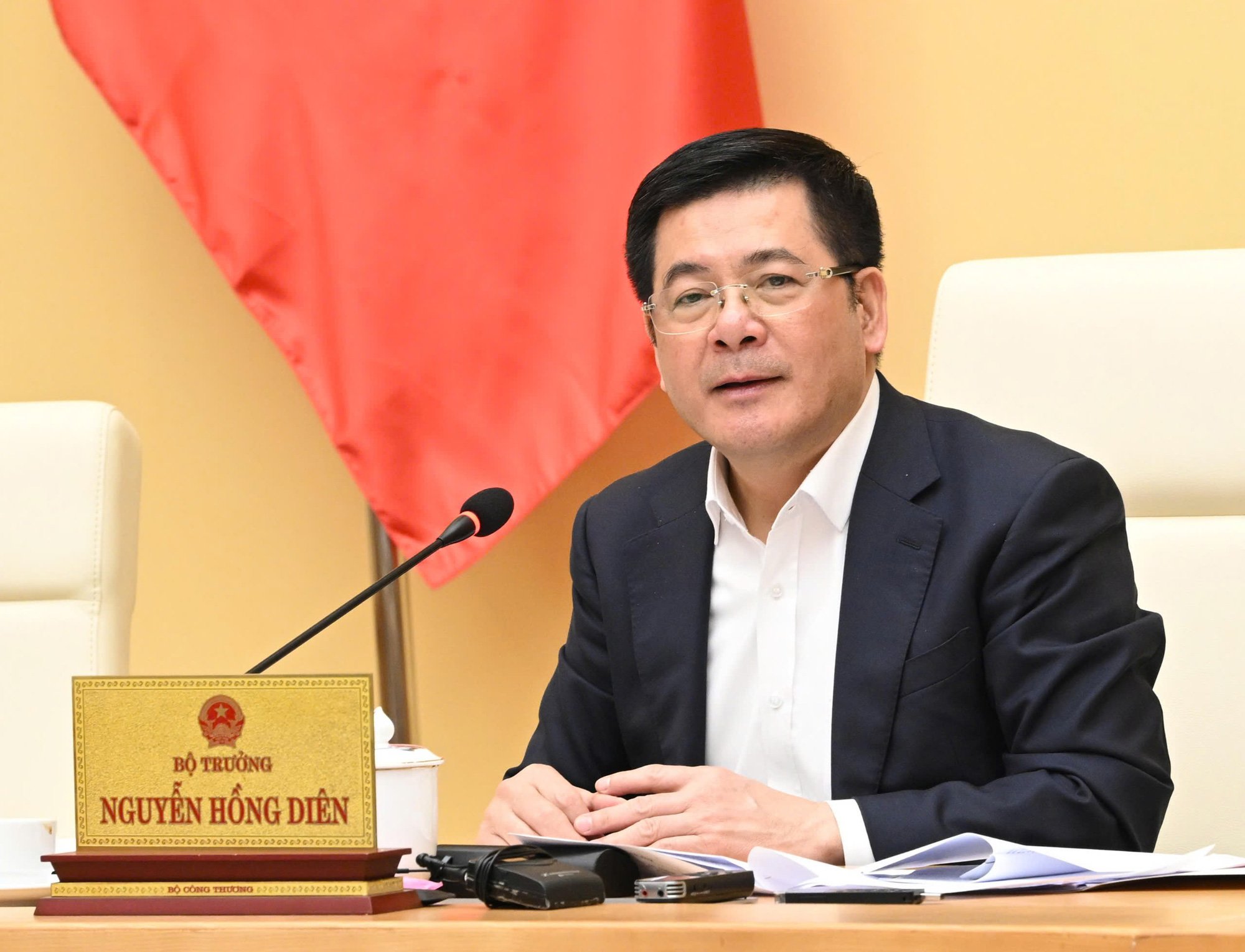
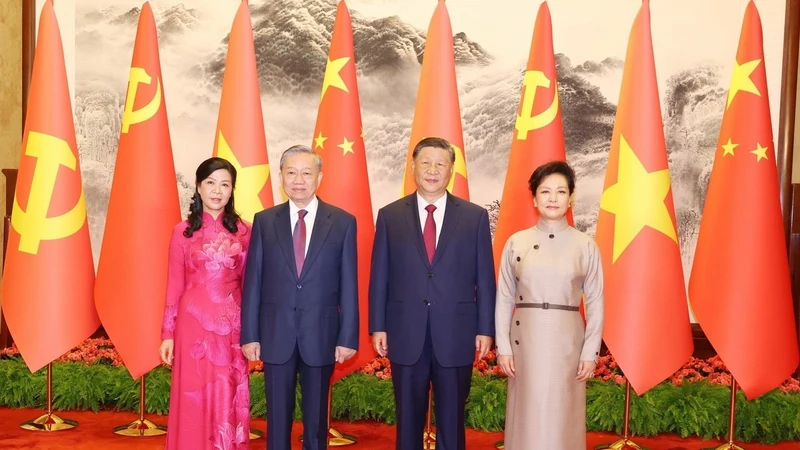








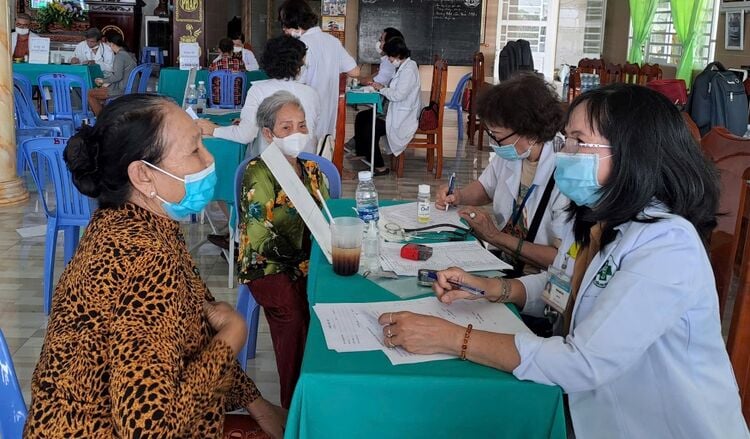


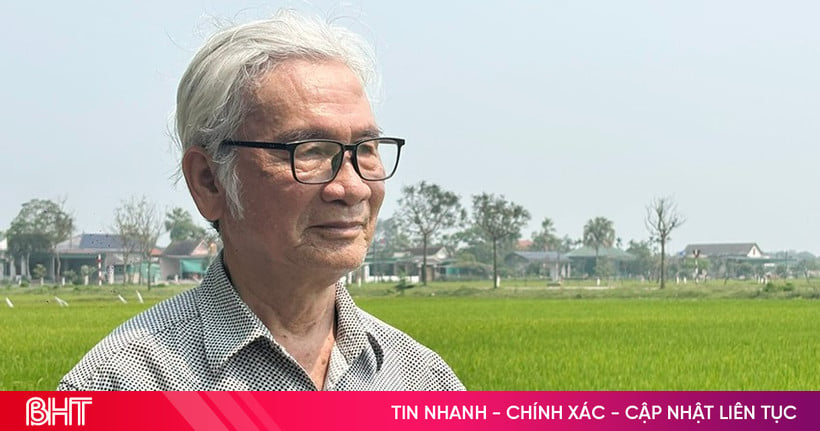

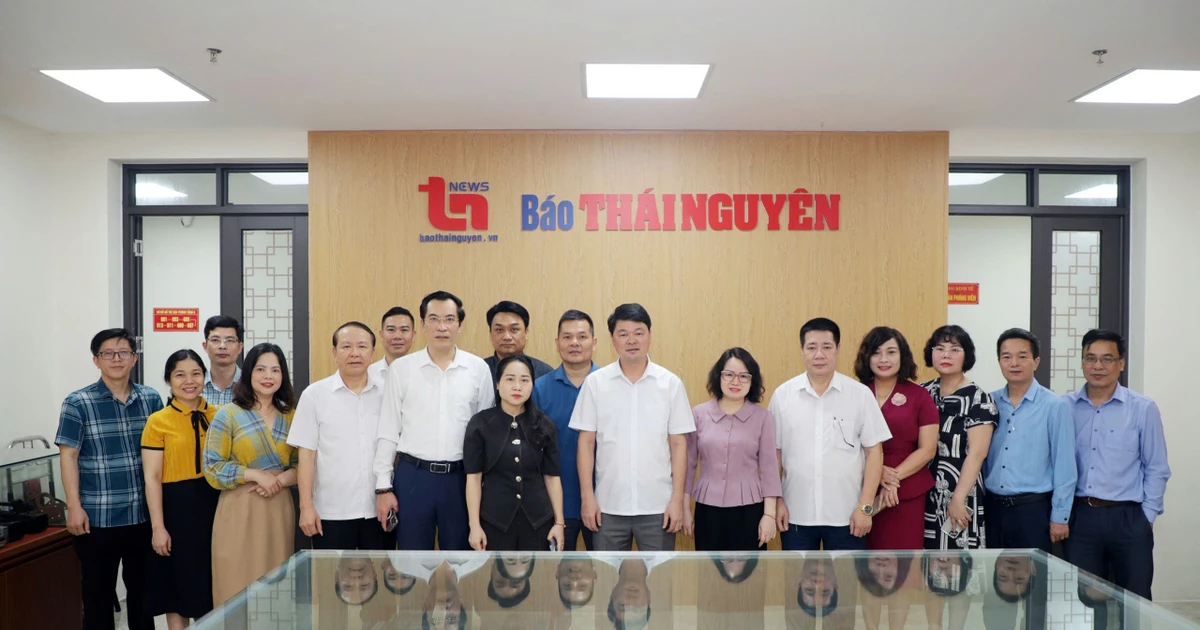

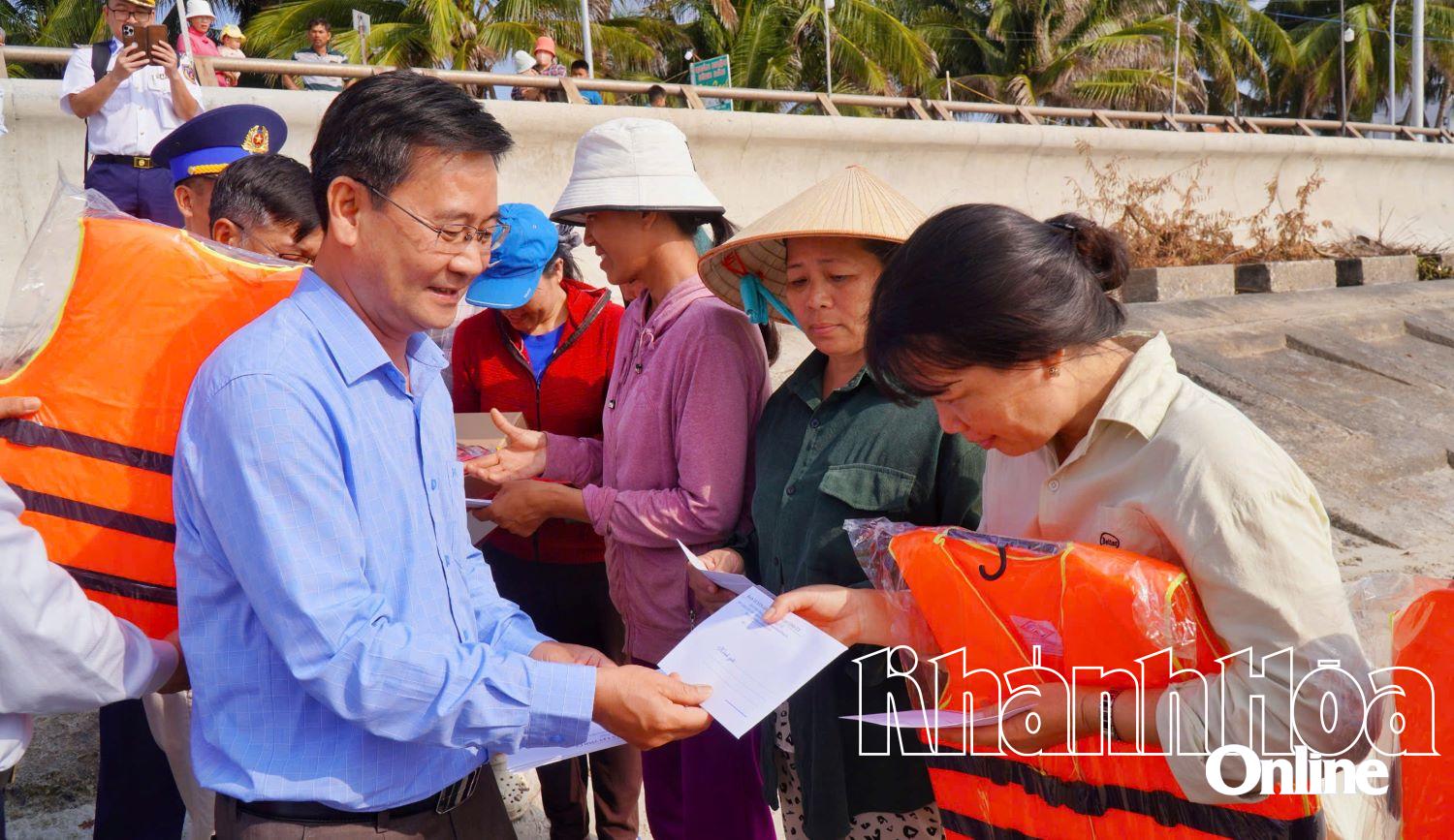












Comment (0)